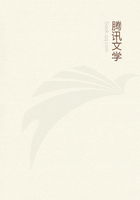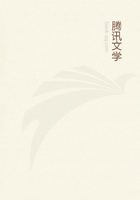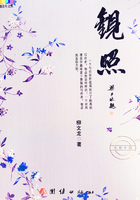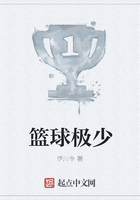LET the foregoing suffice as our account of the views concerning the soul which have been handed on by our predecessors; let us now dismiss them and make as it were a completely fresh start, endeavouring to give a precise answer to the question, What is soul? i.e. to formulate the most general possible definition of it.
We are in the habit of recognizing, as one determinate kind of what is, substance, and that in several senses, (a) in the sense of matter or that which in itself is not 'a this', and (b) in the sense of form or essence, which is that precisely in virtue of which a thing is called 'a this', and thirdly (c) in the sense of that which is compounded of both (a) and (b). Now matter is potentiality, form actuality; of the latter there are two grades related to one another as e.g. knowledge to the exercise of knowledge.
Among substances are by general consent reckoned bodies and especially natural bodies; for they are the principles of all other bodies. Of natural bodies some have life in them, others not; by life we mean self-nutrition and growth (with its correlative decay).
It follows that every natural body which has life in it is a substance in the sense of a composite.
But since it is also a body of such and such a kind, viz. having life, the body cannot be soul; the body is the subject or matter, not what is attributed to it. Hence the soul must be a substance in the sense of the form of a natural body having life potentially within it. But substance is actuality, and thus soul is the actuality of a body as above characterized. Now the word actuality has two senses corresponding respectively to the possession of knowledge and the actual exercise of knowledge. It is obvious that the soul is actuality in the first sense, viz. that of knowledge as possessed, for both sleeping and waking presuppose the existence of soul, and of these waking corresponds to actual knowing, sleeping to knowledge possessed but not employed, and, in the history of the individual, knowledge comes before its employment or exercise.
That is why the soul is the first grade of actuality of a natural body having life potentially in it. The body so described is a body which is organized. The parts of plants in spite of their extreme simplicity are 'organs'; e.g. the leaf serves to shelter the pericarp, the pericarp to shelter the fruit, while the roots of plants are analogous to the mouth of animals, both serving for the absorption of food. If, then, we have to give a general formula applicable to all kinds of soul, we must describe it as the first grade of actuality of a natural organized body. That is why we can wholly dismiss as unnecessary the question whether the soul and the body are one: it is as meaningless as to ask whether the wax and the shape given to it by the stamp are one, or generally the matter of a thing and that of which it is the matter. Unity has many senses (as many as 'is' has), but the most proper and fundamental sense of both is the relation of an actuality to that of which it is the actuality. We have now given an answer to the question, What is soul?-an answer which applies to it in its full extent. It is substance in the sense which corresponds to the definitive formula of a thing's essence. That means that it is 'the essential whatness' of a body of the character just assigned. Suppose that what is literally an 'organ', like an axe, were a natural body, its 'essential whatness', would have been its essence, and so its soul; if this disappeared from it, it would have ceased to be an axe, except in name. As it is, it is just an axe; it wants the character which is required to make its whatness or formulable essence a soul; for that, it would have had to be a natural body of a particular kind, viz. one having in itself the power of setting itself in movement and arresting itself. Next, apply this doctrine in the case of the 'parts' of the living body. Suppose that the eye were an animal-sight would have been its soul, for sight is the substance or essence of the eye which corresponds to the formula, the eye being merely the matter of seeing; when seeing is removed the eye is no longer an eye, except in name-it is no more a real eye than the eye of a statue or of a painted figure. We must now extend our consideration from the 'parts' to the whole living body; for what the departmental sense is to the bodily part which is its organ, that the whole faculty of sense is to the whole sensitive body as such.
We must not understand by that which is 'potentially capable of living' what has lost the soul it had, but only what still retains it; but seeds and fruits are bodies which possess the qualification.
Consequently, while waking is actuality in a sense corresponding to the cutting and the seeing, the soul is actuality in the sense corresponding to the power of sight and the power in the tool; the body corresponds to what exists in potentiality; as the pupil plus the power of sight constitutes the eye, so the soul plus the body constitutes the animal.
From this it indubitably follows that the soul is inseparable from its body, or at any rate that certain parts of it are (if it has parts) for the actuality of some of them is nothing but the actualities of their bodily parts. Yet some may be separable because they are not the actualities of any body at all. Further, we have no light on the problem whether the soul may not be the actuality of its body in the sense in which the sailor is the actuality of the ship.
This must suffice as our sketch or outline determination of the nature of soul.

